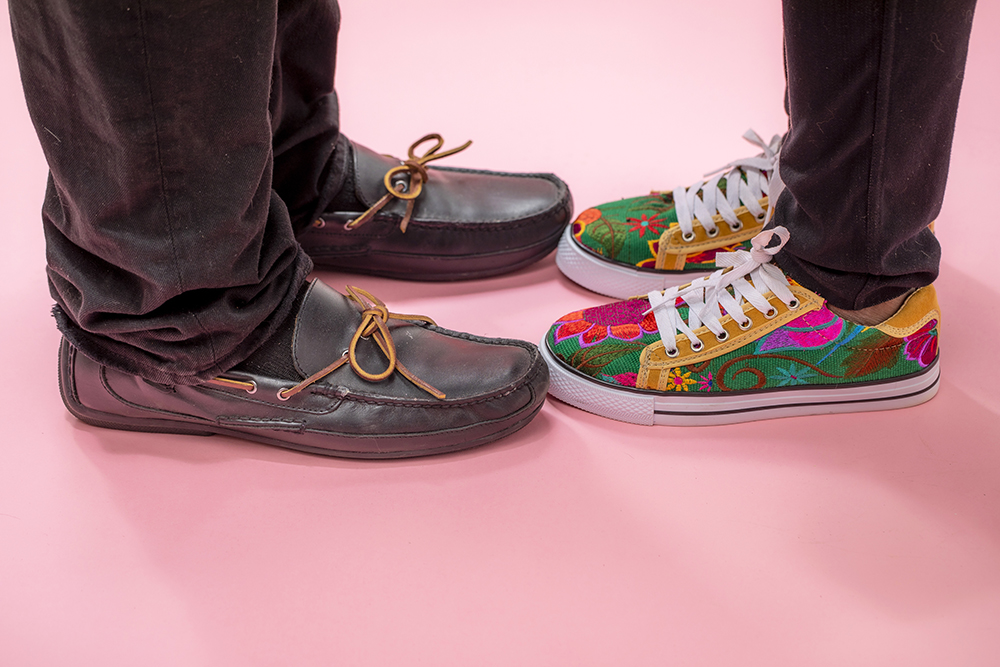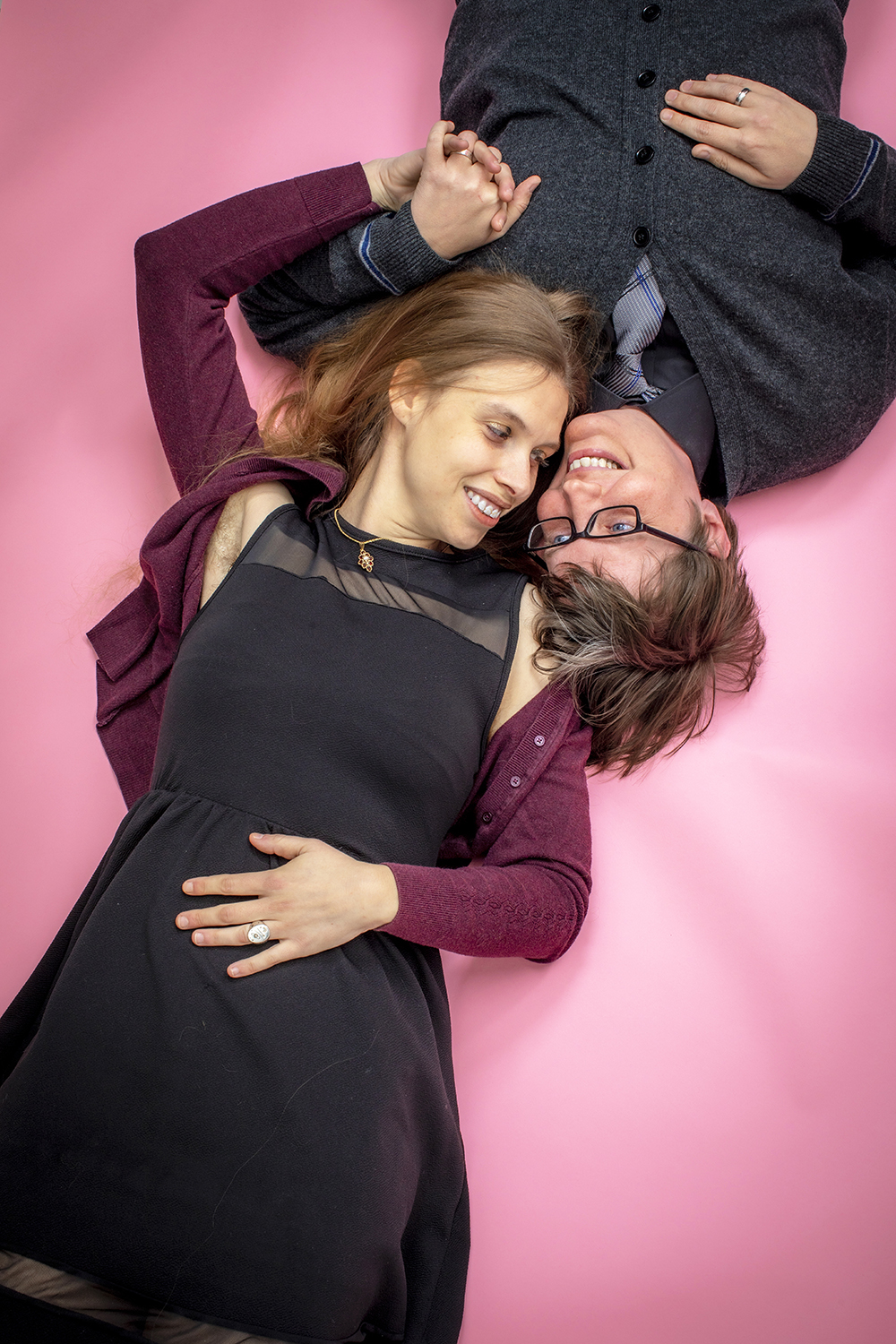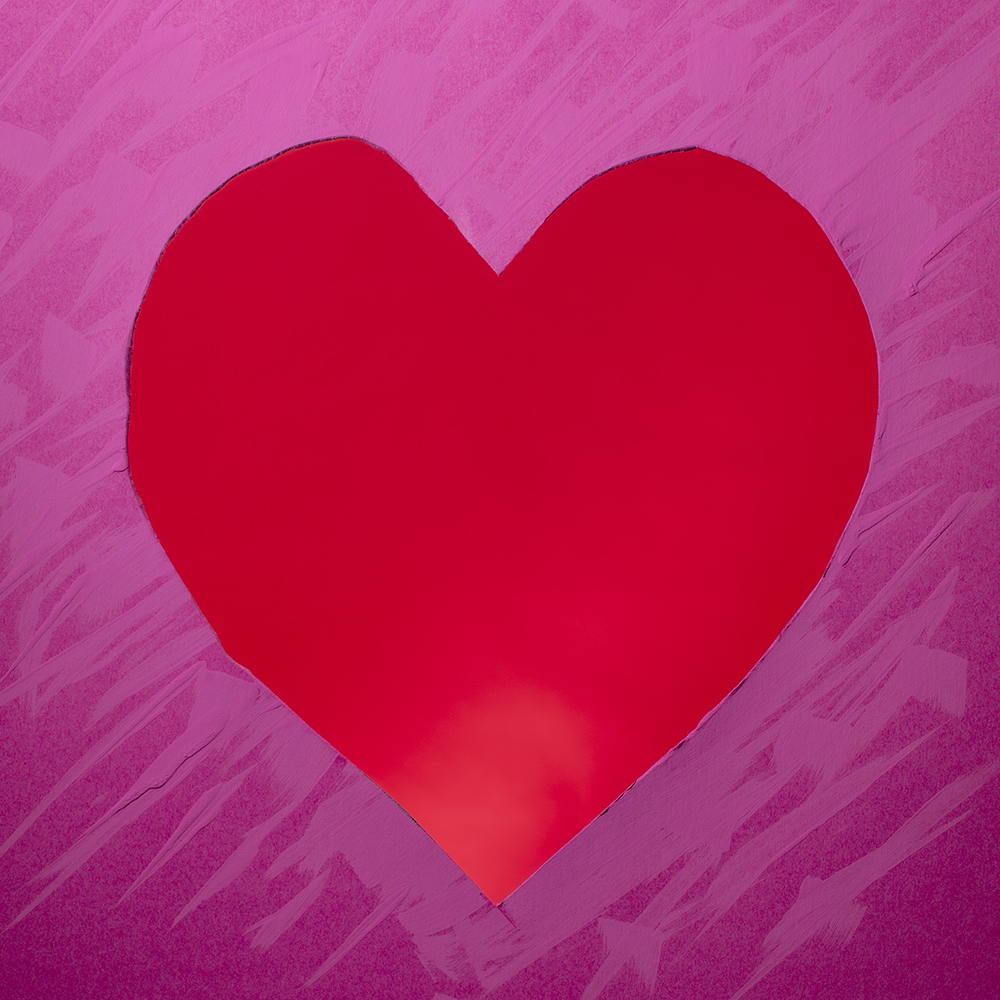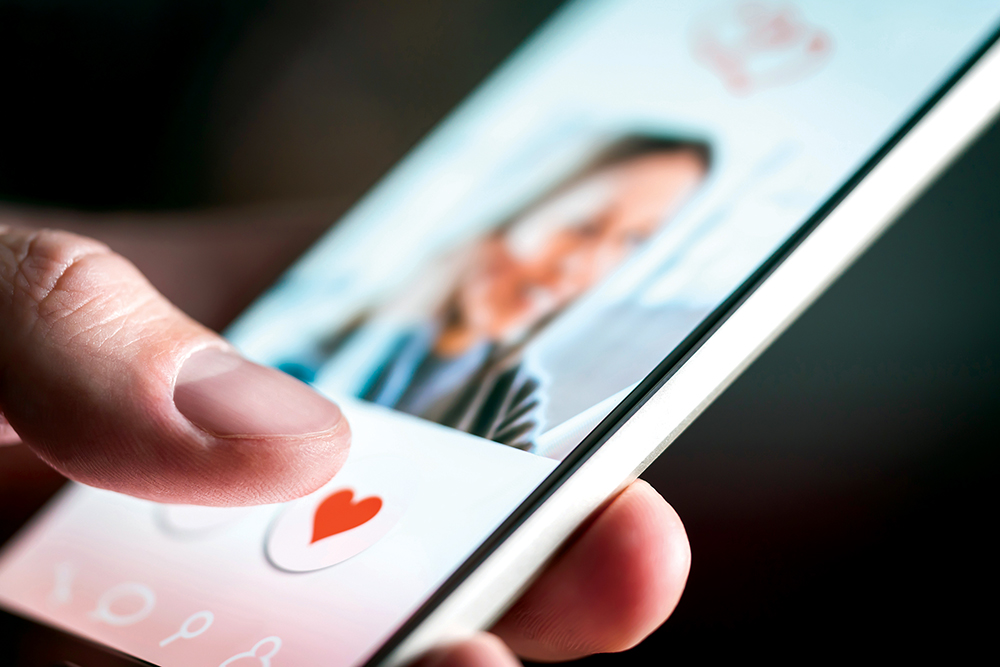It’s been a cold week in Memphis. For many of us, ice storm 2022 brings back not-so-fond memories of 1994’s monster of a storm. But, with Valentine’s Day right around the corner and many of us (your editor included) in need of a distraction, we’re checking in with some of the Bluff City’s romantics. If these stories of love don’t warm your heart on a frigid February day, we’re not sure what will.
❤
Sheree Renée Thomas + Danian Darrell Jerry
“The night that I met Sheree, it was for a book-signing for Memphis Noir. And what had happened is that I had submitted a story to Memphis Noir, right? But my story didn’t get accepted, so I really didn’t wanna go to the book-signing,” says writer Danian Darrell Jerry on the fateful event that introduced him to Sheree Renée Thomas, a writer who had returned to her hometown after more than a decade in New York City and a stay at Millay Arts residency.
Lucky for both writers, Danian decided to attend the party at Crosstown’s StoryBoard space to support the writers included.


“You know when I met Sheree … I don’t think she was really feelin’ me,” but Danian had an in. He had graduated from the creative writing MFA program at the University of Memphis, where he’d studied with fiction writer Cary Holladay. Holladay, who had mentored Danian and encouraged his literary pursuit, also introduced him to another writer, Arthur Flowers, a longtime mentor and friend to Sheree.
Danian’s connection to Flowers — and his striking looks — first caught her attention. “So he came, and I saw him. And he’s so sweet and so handsome. He has the most gorgeous eyes, right? So I was like, ‘Hmm, who is this? Who is this fine man comin’ in here?’ And then he mentioned one of my favorite people on the Earth, Arthur Flowers, author of Another Good Loving Blues … one of my favorite love stories, which is a blues story and a tribute to Memphis. Then he introduces me, in his way, to a person who would become not only one of my best friends, one of my dream partners and brainstormer of insane ideas and adventures, but also just an amazing person and a person I fell in love with!”
But the courtship wasn’t without a bit of conflict. Sheree admits she was apprehensive about a romantic relationship with Danian at first meeting and gently tried to keep a discerning distance despite initial attraction on both sides. “I tried to steer clear of dating writers. Part of it is because my younger years as a writer were in New York and I saw a bunch of nightmare stories about that. Especially for women writers,” she says. “A lot of times I would see the women’s careers — their writing — would get put aside. Sometimes it’s by choice, right? Like we’re on the outside looking in. But other times, it’s just male ego, and stuff, right? And it didn’t usually seem to work out.”

Protective of her fruitful and well-earned writing and editorial career, Sheree decided not to pursue a romantic relationship. The healthy skepticism kept the two from dating, but it didn’t keep them from seeing each other again at Memphis literary events, where their exchanges blossomed into friendship.
When Sheree decided to organize the first Memphis Afrofuturism festival, Black to the Future, in 2018, Danian was beside her, offering positive feedback that fueled her community-building vision. The readings and panels saw them working side-by-side to smooth any ruffles in programming logistics, both running to find cables and empower emerging writers wherever necessary. The rush and success of the event, says Sheree, replanted “the seed,” demonstrating Danian’s optimism and reliability.
Over the course of three years, they fortified the bond through creative projects and a sincere mutual support that surprised them both.
“He was very mature and very whole. … When things would go well for me, he would be rooting for me — one of my biggest cheerleaders,” says Sheree. Danian’s ability to be helpful and happy for her successes and understanding of her losses in the writing industry was unlike the competitive, egoistic male writer stereotype that caused her apprehension.
Likewise, Danian was amazed.
“She just has this air about her that’s kind of, like, regal. So when I first met her, I didn’t think that — I thought she was kind of out of my league. I was surprised that she was interested in me,” Danian says. “She lifted me up so much. It shocked me when she looked at me like I was on her level.” Sheree found this easy to do as a fan of Danian’s writing and a crusader for the exceptionally talented yet humble Memphis creative community — a unique complex that often keeps deserving artists from taking leaps of faith into publishing and other career-building chances.
Finally, a partnership beyond book business was born — where else? The Southern Festival of Books. Sheree was scheduled to speak on a panel, and Danian made the three-hour drive “like Batman,” says Sheree. “I was calling him the Transporter” because she was worried about running late. They filled the trip with conversation and adrenaline, leaving them newly close on arrival. When it was time to read, Sheree was a bit nervous to present a piece she’d never read publicly before, and Danian sat in the front row, expressing his confidence in her.
“So we did this reading, and I did this story. And Danian was in the front row, and he has such a peaceful face. There’s just something about — he made us all feel like he was there just for us, and he was rooting for us. It was just a magical time. I think that successful experience, the adrenaline rush of him driving like Batman all the way down there, and then us just vibing about books and art and music and the crazy publishing industry and the weird politics in Memphis … all the things that we were talking about, I think that just kind of set it off. And we’ve been inseparable ever since!”
These days, the compatible two can be found creating together on a number of present and upcoming projects.
“We do a lot of things together, but I’ll say this, it’s good to be with someone who just gets you. We watched the last season of Game of Thrones together. … It’s good to have someone very close to you to share those kinds of moments,” says Danian.
Sheree adds, “It’s a big difference when you feel like you are where you’re supposed to be.”
❤
Allyson Blair Coley + Kori Coley
When the stars aligned the second time for Allyson and Kori Coley, Kori recalls, “And I walk into Garibaldi’s, and I see her at the cash register, and I’m like, ‘Oh, god, it’s that young girl that has a crush on me.’”
This was the second time workplaces had brought them together — the first when Kori and Allyson worked at neighboring establishments in Cooper-Young. The two had a brief introduction through a mutual friend, when Kori noticed the unusual yellow of Allyson’s eyes and Allyson spotted the film roll tattoo on Kori’s arm — an image she’d wanted herself but didn’t have. After learning of their seven-year age gap, Kori withdrew, and the two didn’t see each other again until Kori walked into the pizza joint to work.

“And I was just having none of her at all, but everybody there who I had been friends with loved her,” says Kori of the chance encounter. Despite their age difference, the two became friends on the job and spent two years growing closer. Allyson ended things with her long-distance boyfriend back home in Arizona. Kori quit her job and headed elsewhere so that they could resume a serious romantic relationship without the secrecy or allure of an illicit workplace fling.
The two continued to compromise.
Kori says, “I was 30 at the time that we got together, and she was 23. So I had this, like, timeline of how a relationship should go. I had a clear idea of what I wanted out of a relationship, and I was very honest about it.”

Allyson admits to being less clear on what she wanted and how to articulate it at that point in life. Deep-feeling but reticent, she says, “I don’t necessarily know how to talk about my feelings and communicate them. I didn’t do that a lot as a kid. But Kori loves communication, and it’s aggravating, but it’s made us stronger in the way she makes me talk about my feelings. If I’m not ready to, she’s patient, and she’s like, ‘Well, here’s all of mine.’”
The two laugh at their differences: Allyson wielding power tools and Kori melting at romance stories. Kori loving technology and Allyson prizing her old cameras, with which she shoots on film. Regardless of who kills the spiders (it’s Allyson), the pair agrees on the big pictures as a unified front:
“We’re opposite, but in the ways that we are the same, it’s all the important, meaningful core values,” says Allyson.
Kori adds, “I love that we’re opposite on so many things because that makes us our own thing — something we can put our passion into without having this competitiveness of ‘Are you better at this one thing than I am?’ We love different things, so we don’t have that at all. And I think it’s been very magical for us.”
Allyson: “You encourage me to do all the things I don’t think I can do.”
Kori: “Yep, you do the same for me.”
Perhaps most central to the Coley couple’s shared beliefs is their dedication to family — both their own and each other’s. Kori describes the first serious talk the two had with a glimpse into the future most couples don’t have early on.
“We’re both the children of single mothers. Our mothers are very important to us, and one of the first conversations we had when we got together was that our mothers will probably live with us someday.”
Both Allyson and Kori have grown into strongly directing their energy into a loving family they both can enjoy. For Allyson, the impulse didn’t always come naturally — largely because it wasn’t always possible. Allyson grew up in Arizona with few family members around. In moving to Memphis, she was taken underwing by her aunt who was openly gay and active in the community as a board member for the Gay and Lesbian Community Center and as the owner of feminist bookstore Meristem. Her loving influence touched and inspired Allyson. Then both her parents moved to town, her father remarrying in his late 60s.
“My dad being the Southern man that he is, I didn’t really know how he would take it,” Allyson says. “So, yeah, for a while it was hard when he would say, ‘This is her friend’ when he would introduce us. Now my dad — like this is his daughter, and Kori didn’t have a father around at all, so it’s just beautiful [to see him] accept Kori and call her and sing her happy birthday on her birthday. He came to our wedding. It meant a lot, and it means a lot for him to accept us,” says Allyson, adding that her newish stepmom also wholeheartedly supports the coupling, having both over to their home in Covington to watch football with her and her twin sister, the four women discussing plays while dad scrolls his cell phone.
Of Allyson’s mom, Kori says, “Her mom was resistant at first toward us because she’s a Christian and she’s had this idea. But I was like, ‘No, this woman is about to be my best friend.’ I love her like she’s my own mother.”
Allyson and Kori’s mom are also considerably close, despite Kori’s mom’s shyness. Allyson shares a sweet illustration of their bond: “I had an art show for my 30th birthday at Otherlands. Kori’s mom showed up to my art show in, like, an alien mask and walked around. … She wanted to support me but didn’t want to meet anybody or have to have to talk to anybody, and Kori walked her around and she left. And it was the most beautiful, absurd, ridiculous, heartwarming [thing].”
After 10 years together, Allyson popped the question, and the union was a no-brainer. By their wedding, Allyson and Kori had everyone’s blessing, including Shelby County Commissioner Tami Sawyer, who agreed to officiate their wedding when the two reached out with interest in her beliefs and care for the city.
Today, volleying life philosophies from different lenses, the two somehow can’t help but finish each other’s sentences. “I needed to know that we could get through things that change in our lives,” says Kori.
“So we could change together and grow together,” says Allyson.



